Editor’s note: This article contains mentions of violence.
Chabad at Vanderbilt and Vanderbilt’s chapter of Students Supporting Israel co-hosted an exhibit on April 4 on Wyatt Lawn to commemorate the passing of 180 days since Hamas’ Oct. 7 attacks. That afternoon, three of the attacks’ survivors — Shye Weinstein, Hadar Or Elmakias and Dor Kapah — spoke as part of the “Survive to Tell Tour,” co-sponsored by nonprofits Israel-Is and the Seed the Dream Foundation.
The event was Chabad’s second annual speaker event, following last year’s conversation with Holocaust survivor Sami Steigmann. This was the second speaker event to feature Nova Music Festival survivors on campus.
Flag exhibit
The exhibit featured 1,200 Israeli flags to honor the victims of Hamas’ Oct. 7 attacks and the 134 hostages still held by the group. Posters of Israeli individuals who were kidnapped or killed in the attacks, as well as those who have been rescued, lined the fence surrounding the exhibit. The posters included QR codes leading to a project — known as “Kidnapped from Israel” — promoting awareness about the hostages taken by Hamas.
Created by a group of Israeli artists following Hamas’ attacks, this poster campaign has spread to cities around the world, although many pieces have been taken down and labeled “wartime propaganda.” In November 2023, two people were arrested in New York City for tearing down the posters on private property.
Students Supporting Israel President Ryan Bauman, a senior, said the goal of the exhibit was to raise awareness about Hamas’ actions and call for the return of the remaining hostages.
“The 180 days flag memorial was extremely powerful,” Bauman said. “We planted 1,200 flags and posted dozens of posters of hostages, some of whom are still in Gaza, some who were rescued and many that were ruthlessly murdered.”
Speaker event
The “Survived to Tell Tour” event began at about 4:30 p.m. CDT after organizers distributed envelopes to collect donations for impoverished Jews in Israel. Chabad Co-President Haley Gochnauer, a senior, introduced the event by thanking the audience.
“Today, we will hear real stories from survivors of the Oct. 7 terrorist attacks in Israel, stories that may be harrowing, stories that may be difficult to bear, but stories that need to be told,” Gochnauer said.
Chabad Co-President Joshua Weingarten, a senior, followed up by requesting attendees donate a dollar as collection envelopes were passed around. Bauman addressed the context surrounding the event.
“The reason we did this today was to spread awareness that today marks six months to the day that the Oct. 7 attacks occurred,” Bauman said. “Please come together with us today, and witness and hear the true experiences of the survivors.”
Gochnauer then invited Omer Zimmerman of Israel-Is to the stage to introduce Weinstein, Elmakias and Kapah.
Elmakias, a teacher from Tel Aviv, spoke first, describing her experiences when the attack began.
“On Oct. 7, I was working in the [Nova Music] Festival,” Elmakias said. “I remember we saw several missiles in the sky, and I remember thinking this was no ordinary attack.”
Elmakias recalled assuming that Israel’s “Iron Dome” air defense system would protect them from the missile strikes. When she first heard the sound of gunshots, she attempted to flee on foot but was shot in the leg.
“Why would someone shoot me? I’m not a soldier, I’m not a criminal,” Elmakias said.
Dor Kapah, a masseur born and raised in Israel, spoke second. He recalled his brother instructing him over the phone to pack his things and get away from the festival.
“I started to drive between people until I found a small gap in the fence,” Kapah said. “I saw a group of 50 to 100 terrorists, so I did a U-turn.”
Kapah described how he led Hamas militants away from his friends by driving his vehicle in the opposite direction. He said he was pursued by militants brandishing assault rifles while on motorcycles. He told the audience it was hours before he was able to find safety with the Israeli military.
“I took my wounded friend to a squad of soldiers, who aimed their weapons at us,” Kapah said. “I yelled, ‘Jewish! Jewish! I’m Jewish.’”
Weinstein, a Canadian photographer who lives in Tel Aviv, described his attempts to capture the day’s events.
“There was nothing left for me to do, except to take out my camera and start filming, start taking photos,” Weinstein said. “God forbid, if we die, at least there’s proof.”
After escaping the attack, Weinstein said he used the pictures and footage he captured to aid the response.
“I was afraid — I had three rolls of film and photos of dead people that I’d never see again. I didn’t want that,” Weinstein said. “So right away, I got my film developed, I scanned it, I uploaded it to Facebook and I’m trying to find all these individuals and learn what’s happening to them.”

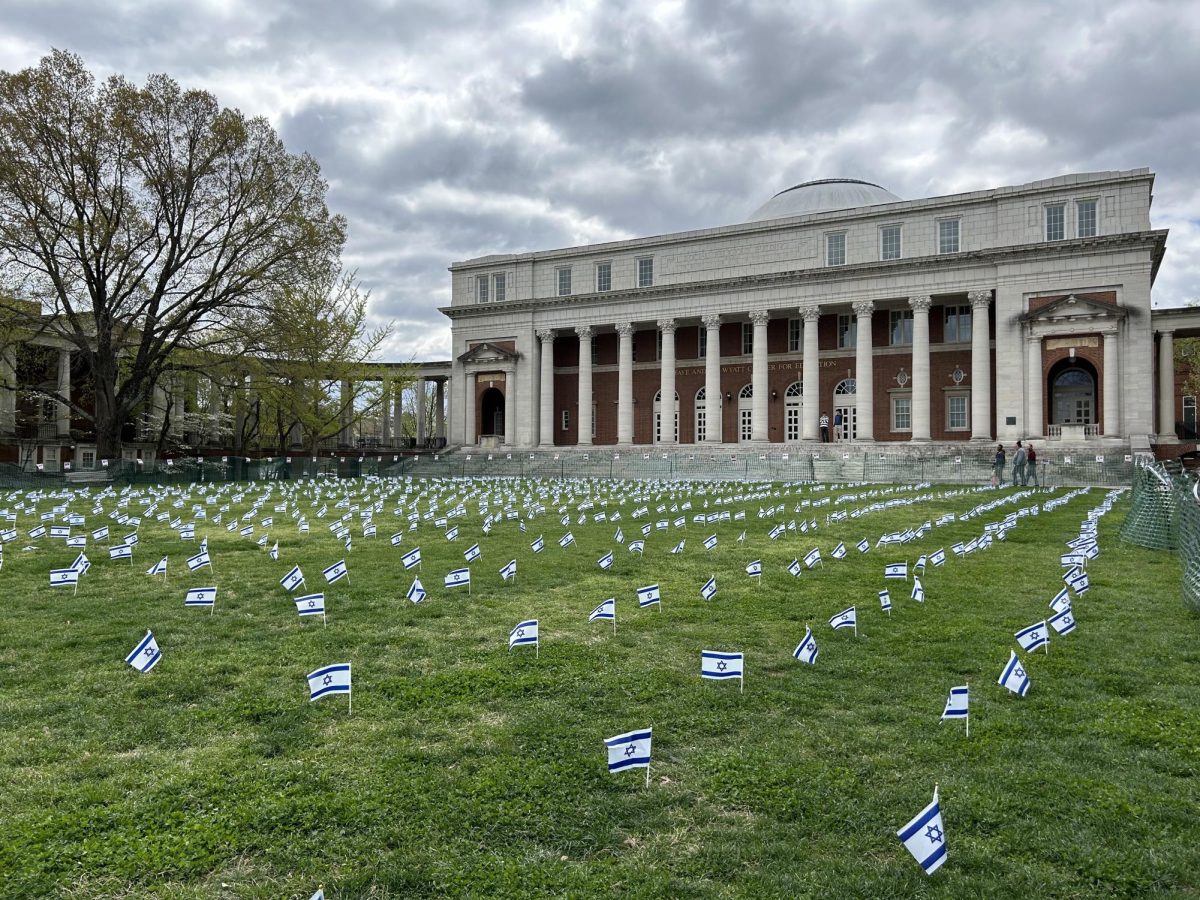


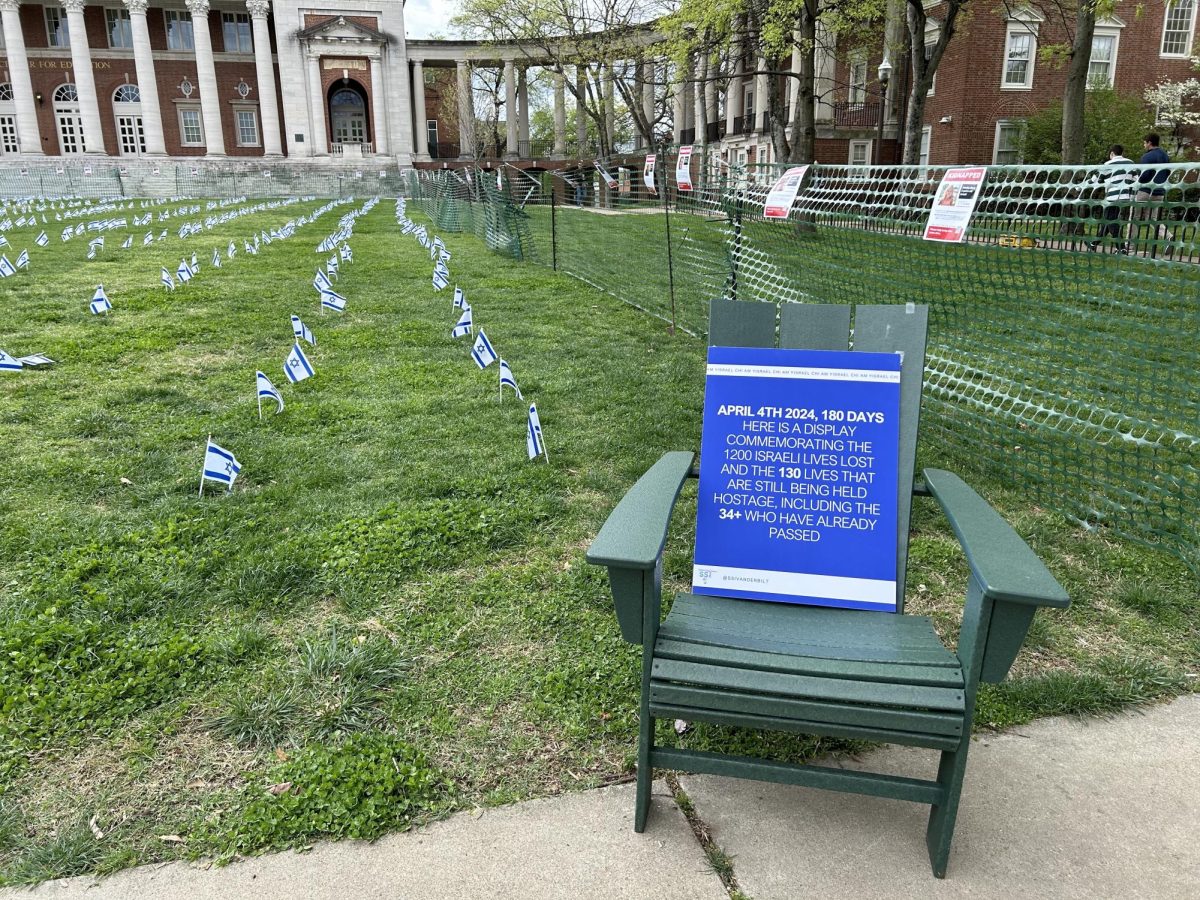
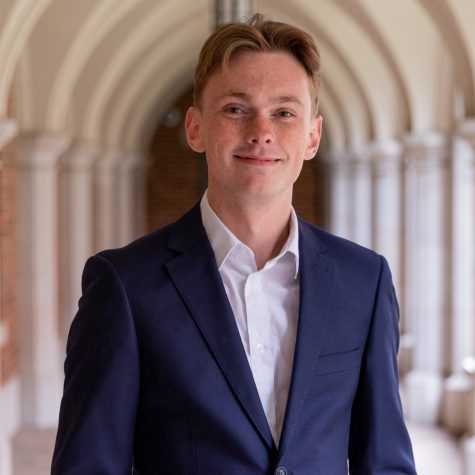
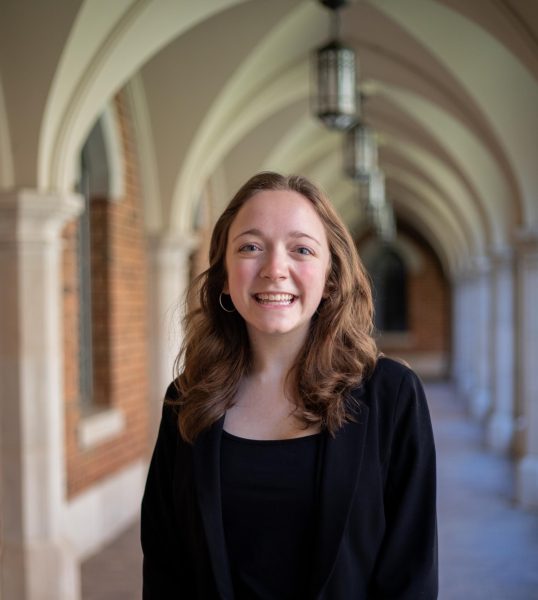
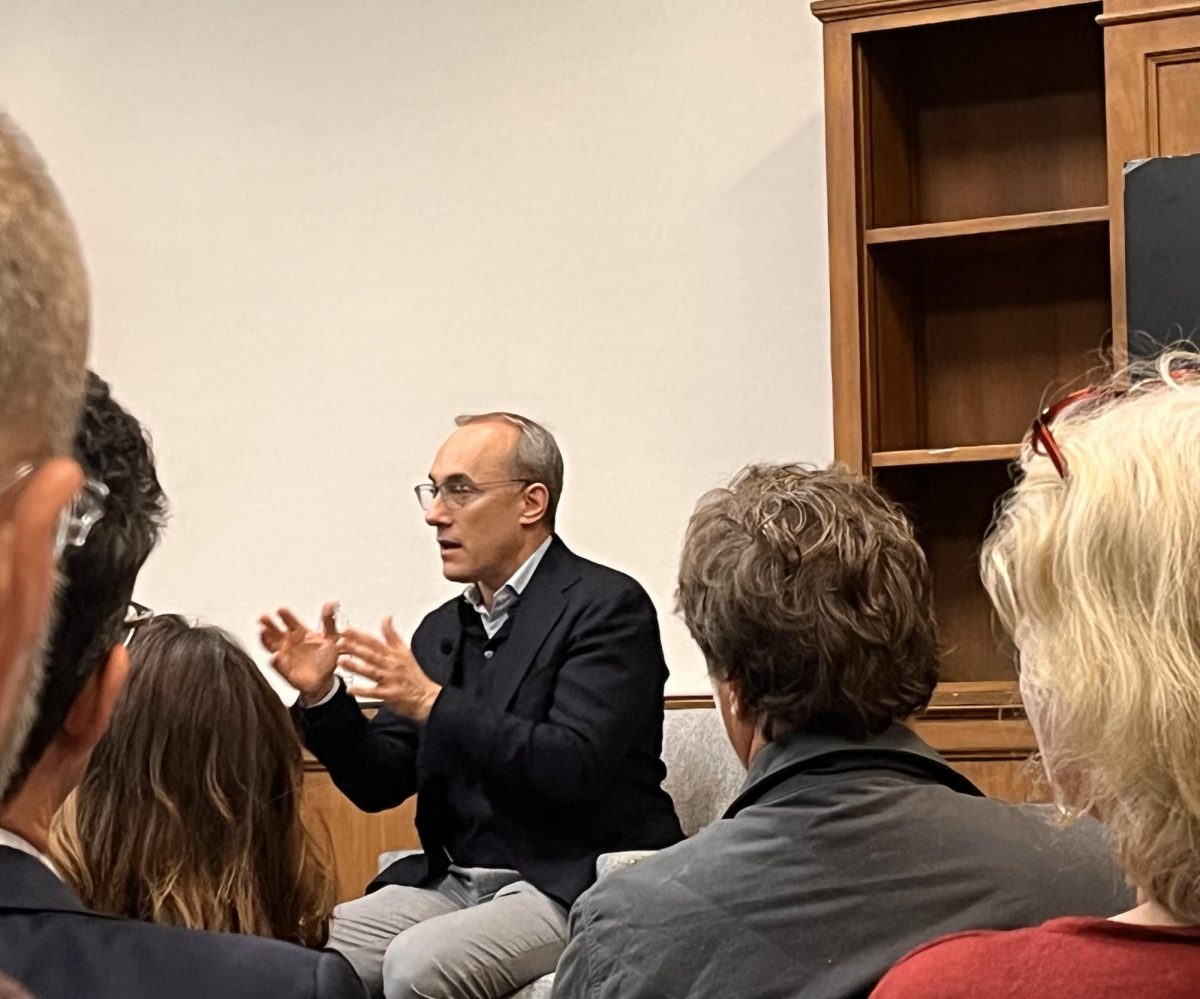
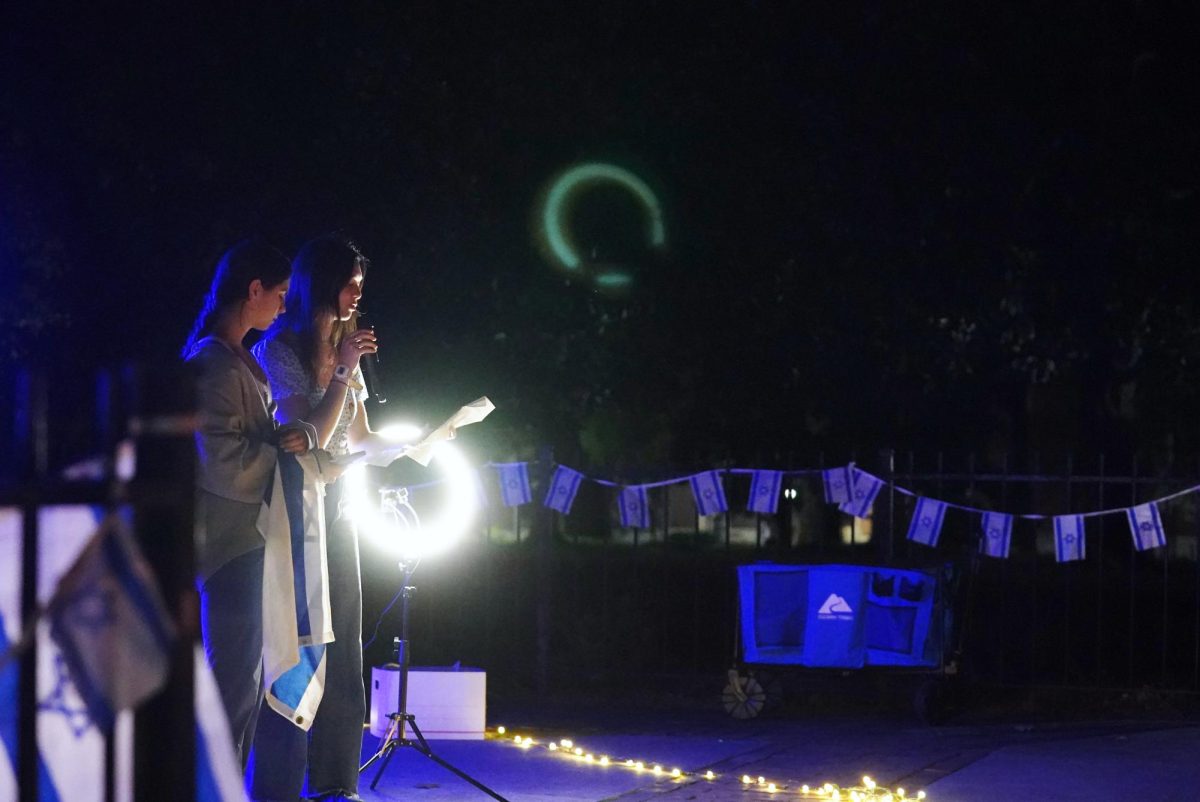
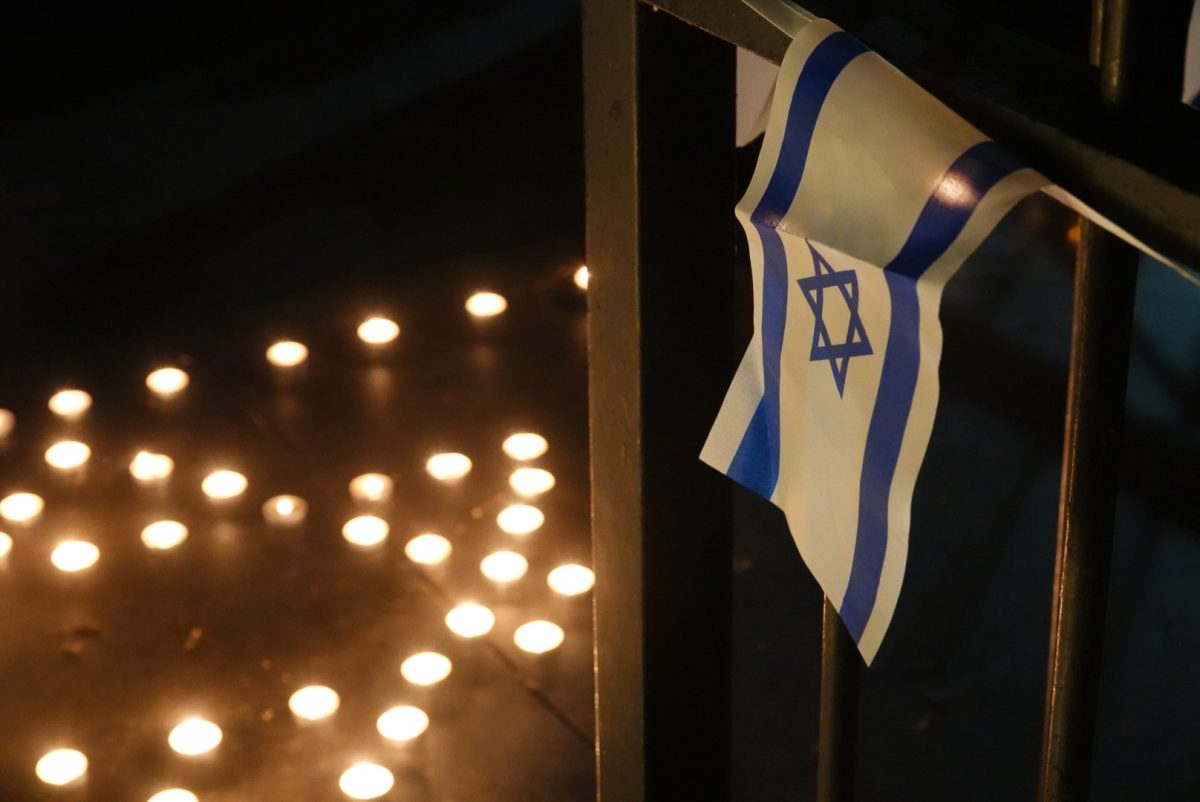
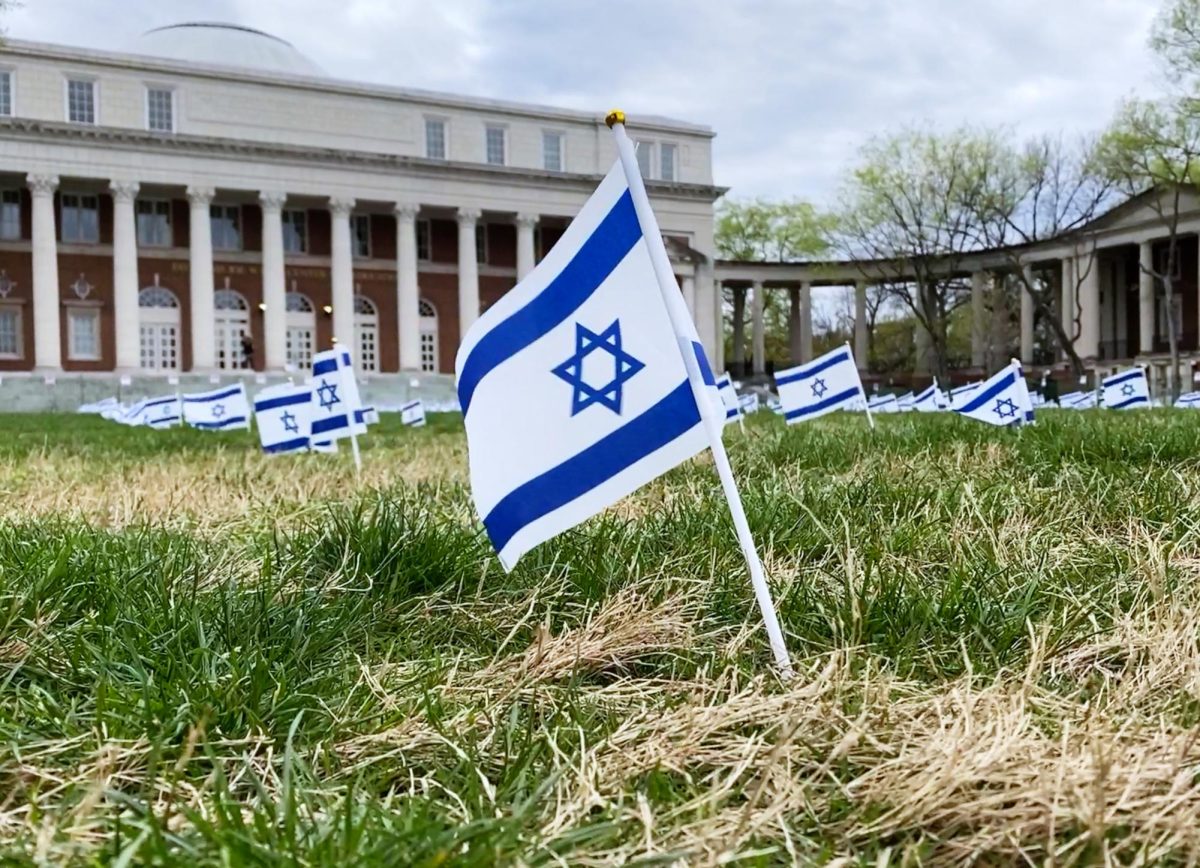
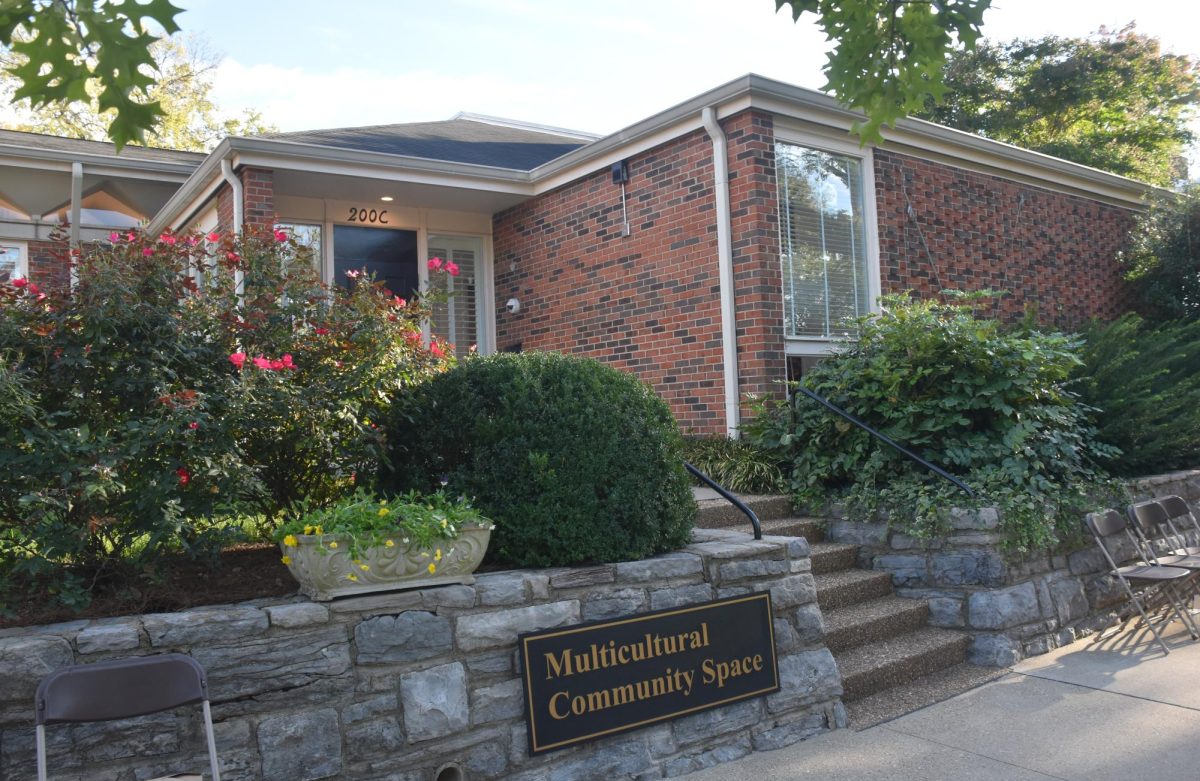
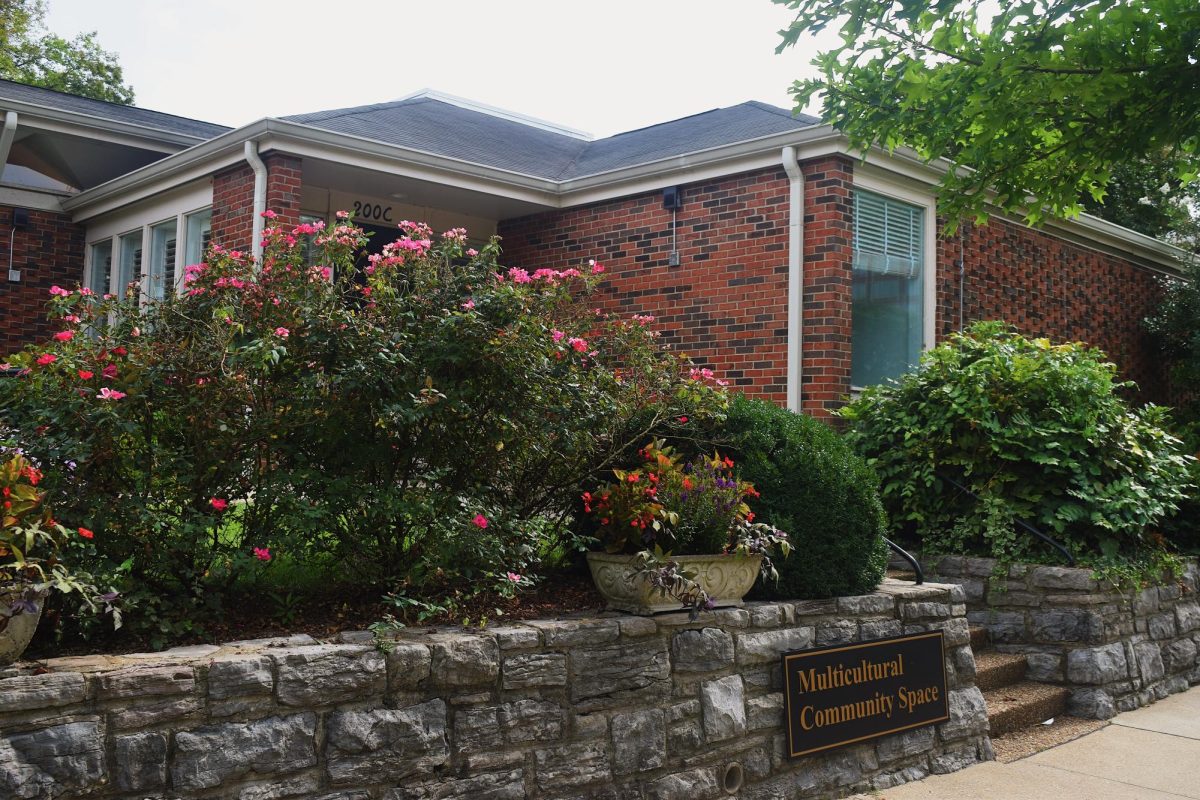
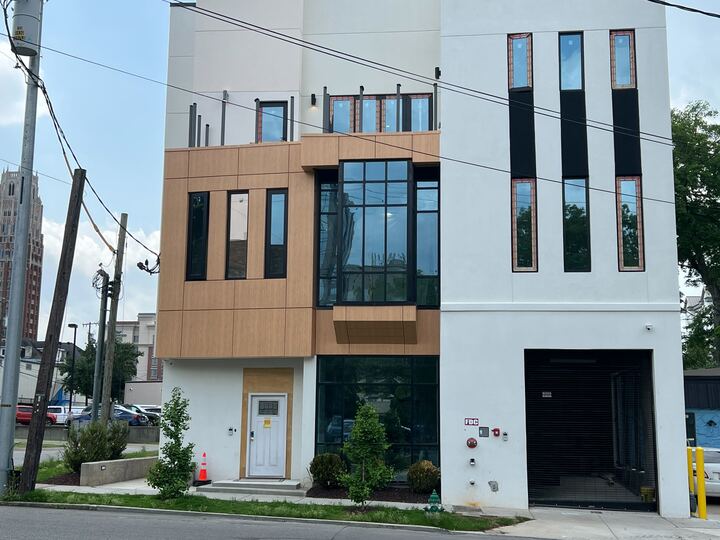
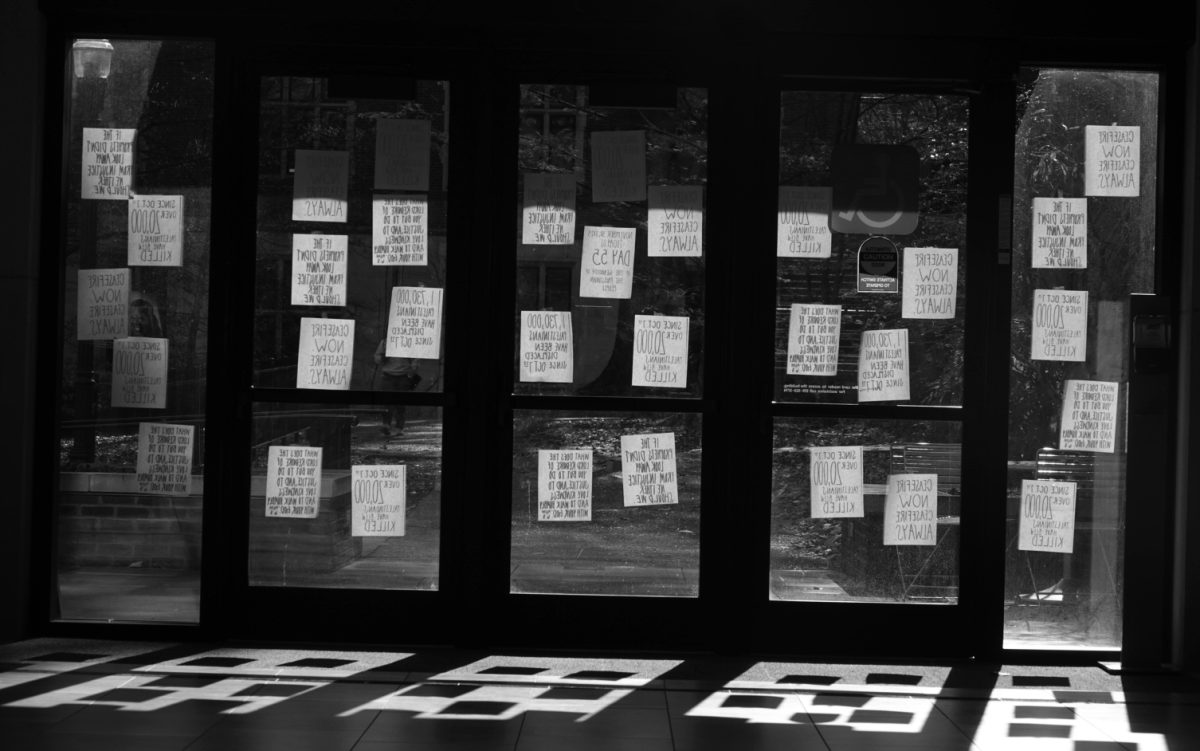
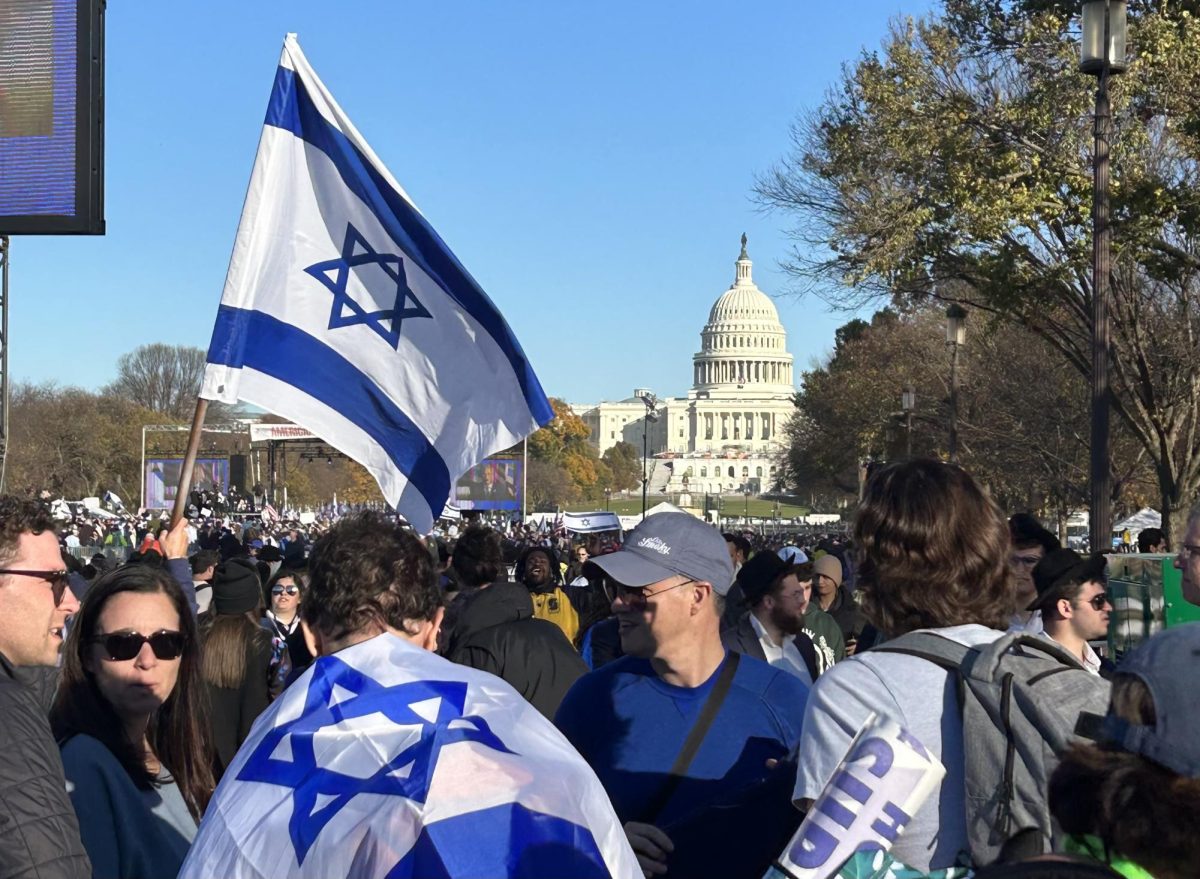
Student • Apr 8, 2024 at 1:12 pm CDT
Am Yisrael Chai!
Anonymous • Apr 8, 2024 at 12:23 pm CDT
Wow. What an amazing display and powerful event. Kol ha kavod!